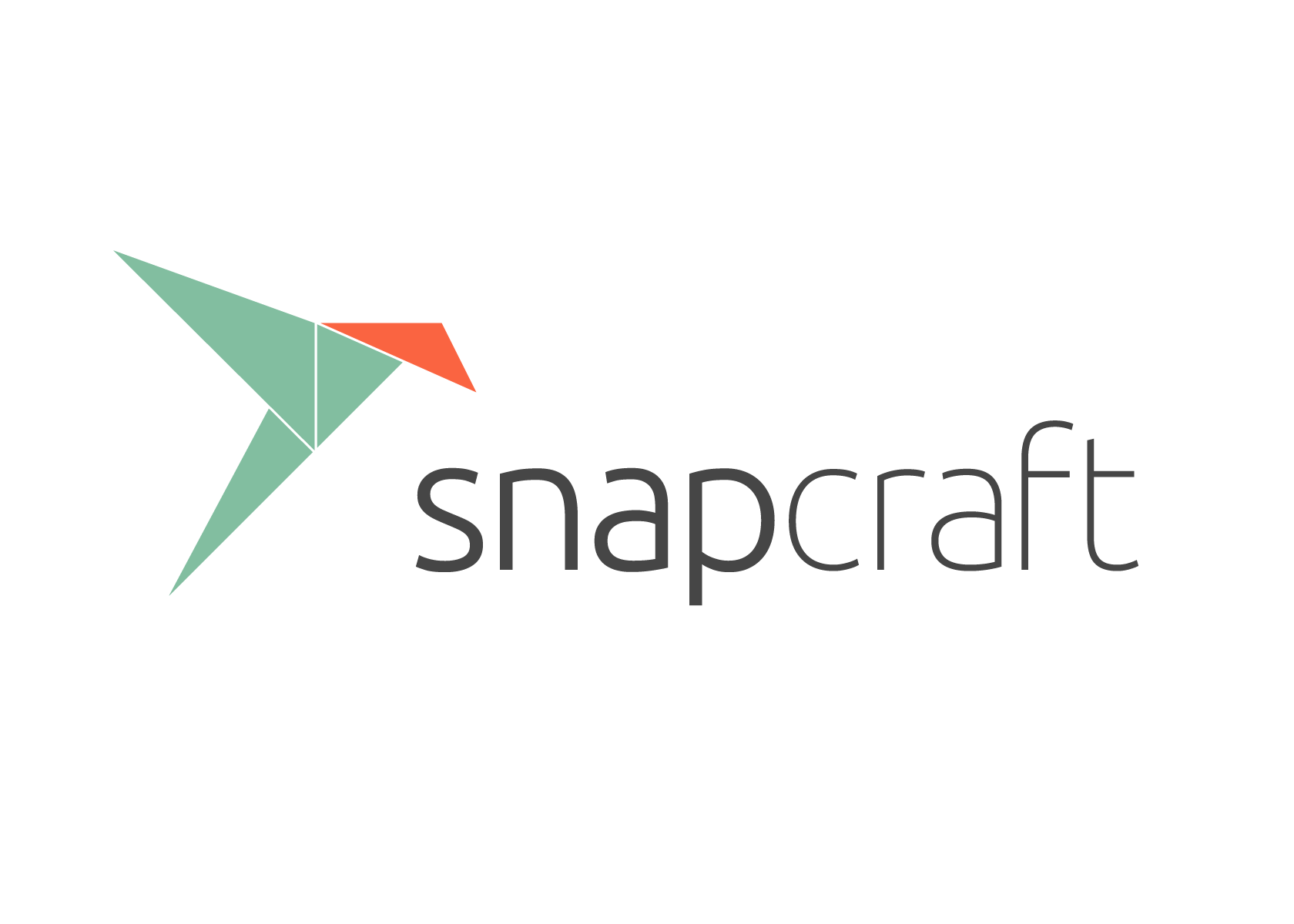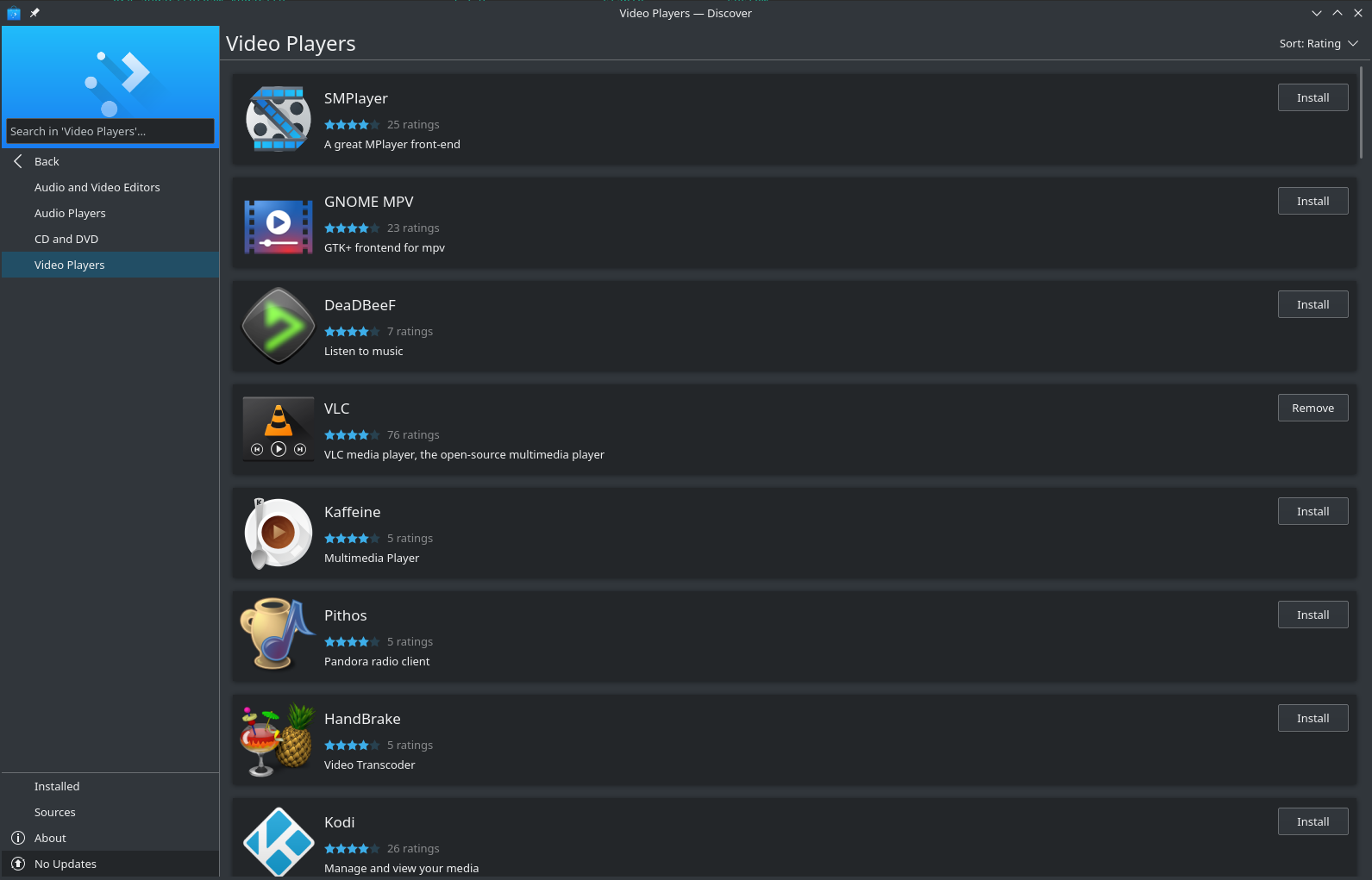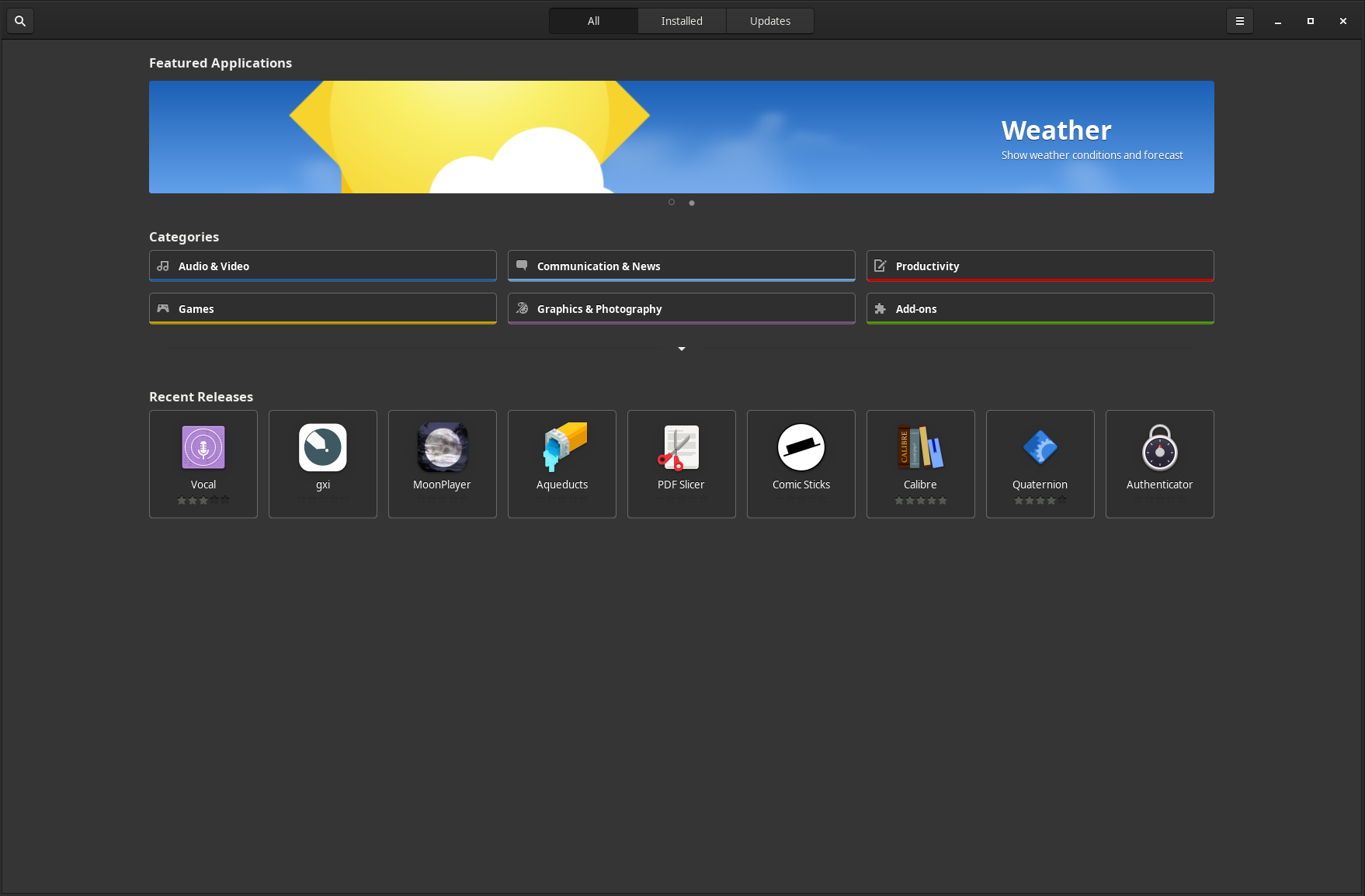Difference between revisions of "Snap/fa"
Views
Actions
Namespaces
Variants
Tools
K2latmanesh (talk | contribs) |
K2latmanesh (talk | contribs) Tag: Manual revert |
||
| Line 67: | Line 67: | ||
<!-- sub 2 --> | <!-- sub 2 --> | ||
{{SubContentTemplate|Displaying Detailed Snap Information| | {{SubContentTemplate|Displaying Detailed Snap Information| | ||
شما میتوانید با دستور {{ic|snap info}} اطلاعات بیشتری دربارهٔ یک اسنپِ بهخصوص به دست آورید. به عنوان مثال: | شما میتوانید با دستور {{ic|snap info}} اطلاعات بیشتری دربارهٔ یک اسنپِ بهخصوص را به دست آورید. به عنوان مثال: | ||
{{UserCmd|command=snap info vlc}} | {{UserCmd|command=snap info vlc}} | ||
Revision as of 14:56, 26 March 2022
نگاه کلّی
اسنپها شیوهای مستقل از توزیع، برای بستهبندی و توزیعکردن نرمافزار لینوکس میباشند.
استفاده از نرمافزار های توزیع شده با اسنپ، مزایای مختلفی دارد:
- نرمافزاری که با کتابخانههای کنونی سامانه سازگار نیست، در صورتی که توسط اسنپ بستهبندی شده باشد، همچنان کار میکند
- اسنپها به طور خودکار بهروزرسانی میشوند
There are some other considerations to be aware of:
- Snaps do not always integrate with system themes
- Snaps may need to install shared run-times which consume disk space
snapd با libpamac-snap-plugin در دسترس است و میتوانید با استفاده از مدیر بستهٔ موردعلاقهتان یا دستور زیر، آن را نصب کنید:
پس از اتمام نصب، باید با دستور زیر snapd را فعّال کنید:
If you also want support for classic snaps you can use the command:
One way to manage your Snaps is with the application Discover from the KDE project. You need a special version of Discover that can be found in the repos to manage snaps. This is now installed by default in some Manjaro editions that include Discover. If it isn't, you can install the package discover-snap with your favorite package manager or the command:
Once installed you can run Discover and you will be able to browse and install Snaps with a familiar store interface.
Another way to manage your Snaps is with the application Gnome Software from the Gnome project. You need a special version of Gnome Software that has support for managing snaps. This now comes pre-installed in several Manjaro editions. If it isn't, you can install the package gnome-software-snap with your favorite package manager or the command:
Once installed you can run Software and you will be able to browse and install Snaps with a familiar store interface.
You can use the command snap search to search for available Snaps. For example, if you wanted to install VLC here is what it might look like:
Name Version Publisher Notes Summary vlc 3.0.6 videolan✓ - The ultimate media player dav1d 0.2.0-1-ge29cb9a videolan✓ - AV1 decoder from VideoLAN mjpg-streamer 2.0 ogra - UVC webcam streaming tool audio-recorder 3.0.5+rev1432+pkg-7b07 brlin - A free audio-recorder for Linux
From this output we can see that VLC and some related applications are avialable. To install VLC, we would use the command
This will install the application as well as any required run-times. Once the application is installed you should be able to run it from your menu as you would with any application.
شما میتوانید با دستور snap info اطلاعات بیشتری دربارهٔ یک اسنپِ بهخصوص را به دست آورید. به عنوان مثال:
name: vlc summary: The ultimate media player publisher: VideoLAN✓ contact: https://www.videolan.org/support/ license: GPL-2.0+ description: | VLC is the VideoLAN project's media player. Completely open source and privacy-friendly, it plays every multimedia file and streams. It notably plays MKV, MP4, MPEG, MPEG-2, MPEG-4, DivX, MOV, WMV, QuickTime, WebM, FLAC, MP3, Ogg/Vorbis files, BluRays, DVDs, VCDs, podcasts, and multimedia streams from various network sources. It supports subtitles, closed captions and is translated in numerous languages. snap-id: RT9mcUhVsRYrDLG8qnvGiy26NKvv6Qkd channels: stable: 3.0.6 2019-01-10 (770) 212MB - candidate: 3.0.6 2019-01-10 (770) 212MB - beta: 3.0.6-341-g18d7d08 2019-05-24 (1020) 212MB - edge: 4.0.0-dev-8011-gfdbf7317e0 2019-05-24 (1019) 335MB -
To show a list of all the Snaps and run-times that are currently installed you can use the command:
You can remove Snaps with the command snap remove. For example:
If you want to remove support for snaps from the system, you can do so with a few simple steps.
First, check if you have gnome-software-snap or discover-snap installed.
If you find either of those packages, replace them with the non-snap versions. For example, if gnome-software-snap was on that list you can replace it with:
Next, remove snapd itself
Optionally, you can also remove the remaining snapd files which would include any installed snaps.


